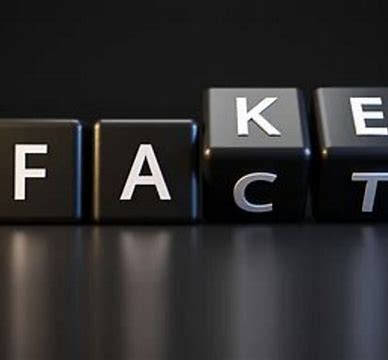If I were to open my computer and search the name ‘Madison Mae Miracle’, hundreds of results would pop up within seconds! Links to my different social media accounts, records of my athletic accomplishments, and articles from my high school. However, if I were to search up my fathers name, only professional results pertaining to his career would show up. Now, where this difference arises is the way in which we each use the internet and the many applications that come along with it.
As a Social Media and Digital Communication major, I have always had a passion and certain level of intrigue with social media and the different ways to utilize it. I grew up watching different lifestyle creators on youtube, taking note of the talent that went into the photography and editing of these clips. After watching these relatable people online for years, I finally decided to put what I had subconsciously learned to the test. During the COVID-19 quarantine, I purchased a Canon G7X Mark III camera, which was one of the best vlogging cameras at the time. I began filming pieces of my life and tinkering around with different editing softwares such as Final Cut Pro and Premier Pro. Though my Youtube career did not immediately take off and lead me to fame, it brought me something much bigger and more valuable than views or money. I had finally found my passion. Growing up, I was convinced that college was not for me; I was going to go to cosmetology school instead. However, through exploring the different platforms and media outlets that the internet had to offer, I was determined to learn more and to be more. From Youtube, I then tried my hand at TikTok when the app first launched. What started as a fun and creative pastime quickly turned into something much bigger.
That is what brings me here today. At 20 years old, I have a collective social media following of over 90,000 people. My TikTok brought me the most success and opportunities with over 89,000 followers. I now work full time from my phone, bringing in more money in one month than I have ever made in a year at an in-person job. I work with High Point University as a Student Influencer and Social Media Ambassador, allowing me to work directly with the school on their social media marketing. All of this goes to show that I openly live my life online. I am very well accessible on the internet. I am linked to Instagram, Snapchat, TikTok, Youtube, LinkedIn, and more. However, I do have guidelines and boundaries that I am very careful to never cross. I will never give out my address or the name of my small hometown, and I do not share my phone number. Additionally, I always strive to be authentic, and honest.
Where I have frustrations with influencers is when they are not transparent and when the realities and hardships of life are not addressed. It is important to share that I have experienced poor mental health, which was in large part a result from social media. Comparison truly is the thief of joy, and social media knows exactly how to target their perfect fragile market of young women. I have found myself feeling isolated and lonely while doom scrolling on social media. However, I was able to pull myself out of this vicious cycle when I went from scrolling behind the camera to then producing content in front of the camera. I took a negative and potentially harmful habit and turned it into something truly beneficial.
With the way that the world is progressing, social media will continue to grow. Forms of paper marketing are being transferred to online, overtaking what has been done and perfected for years. To put this into perspective, I asked 10 of my friends when the last time they picked up a newspaper or magazine was. The answers varied from “I have no idea” to “Where do I even find one of those”. This general study shows that the newer generations completely and solely rely on social media and the internet for information. As a whole, the world is reliant on the internet and social media. Though people utilize them in different ways, we all have access to it. The next time you pick up your phone and scroll through social media or surf the internet, I urge you to think, “What would I do if all of this was inaccessible tomorrow?”. Where would you get your news from? How would you contact your friends? How would you spend your newfound 7 hours of free time that you typically spend daily on your phone?
I often worry about the things that we as a society miss while our nose is in our phones. We are so widely trained to check social media throughout the day that we unknowingly miss out on real, face to face connections and conversations. Though I am impressed by the power of the internet, I believe it is slowly taking away human and personal skills. We are so impressively dependent on the internet in ways that we struggle to acknowledge, such as for GPS maps while driving, and as an endless data bank to store loved ones cell phone numbers. Where one advantage of progression and possibilities comes, a disadvantage of loss of interpersonal skills surely follows.

















